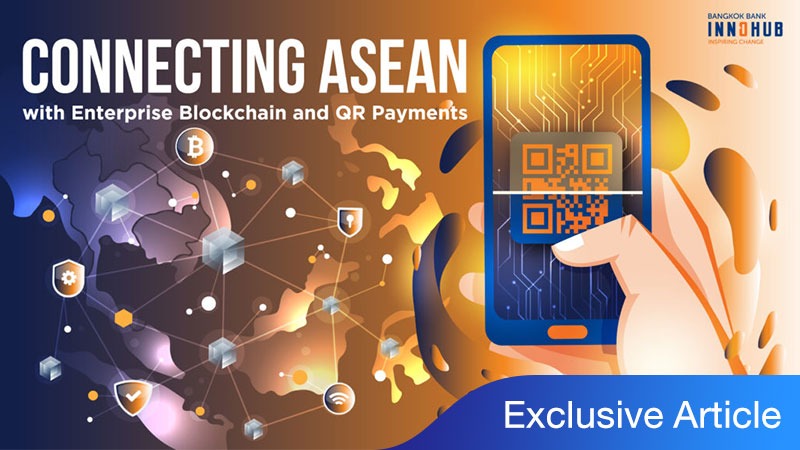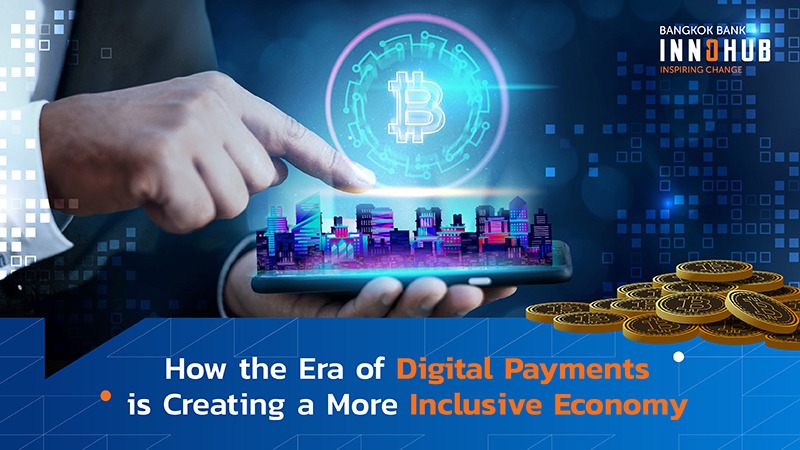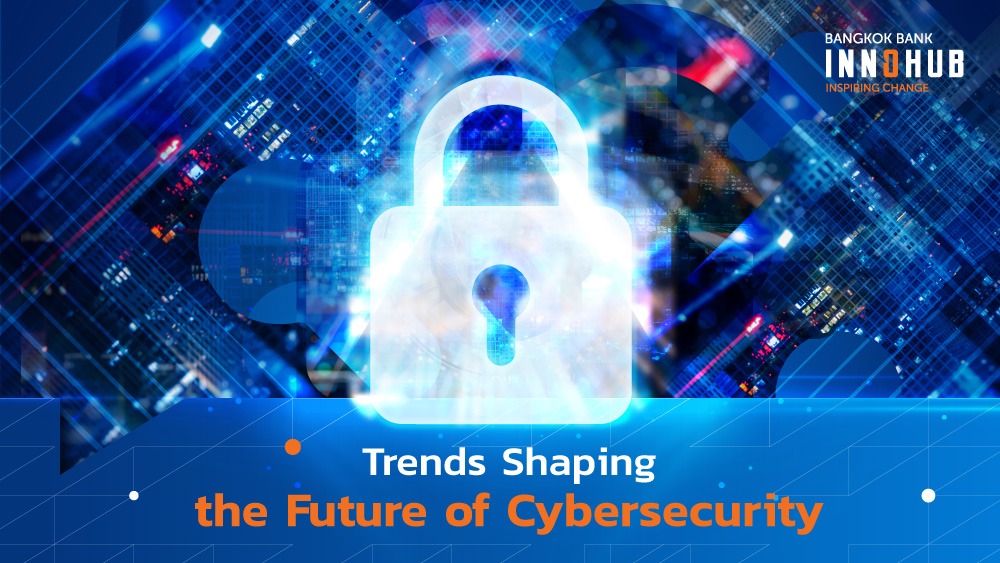Connecting ASEAN with Enterprise Blockchain and QR Payments
Learn from Bangkok Bank’s FinTech case studies
Southeast Asia is a culturally diverse region inhabited by more than 640 million people and home to many languages and different ways of living. Many innovative infrastructure projects have been initiated to improve the lives of the region’s people and develop local economies.
The financial infrastructure is also being developed to improve payment and service connectivity. This will help make people’s lives easier by reducing their dependence on cash while facilitating trade and investment and enabling seamless payments across ASEAN.
This year’s 5th ASEAN Finance Ministers’ and Central Bank Governors’ Meeting in Chiang Rai showcased various cross-border payment and financial innovation initiatives. A Memorandum of Understanding was signed between the Bank of Thailand and providers of financial payment services in eight ASEAN countries: Indonesia, Malaysia, Philippines, Singapore, Thailand, Laos, Myanmar, and Cambodia while individual banks outlined their own initiatives.
Study and development of ASEAN’S first intra-regional Letter of Credit using Enterprise Blockchain Technology
A letter of credit or documentary credit is a payment instrument. It means any arrangement, however named or described, is irrevocable and thereby constitutes a definite undertaking of the issuing bank to honor a complying transaction.
Many world-leading commercial banks are working together to move letters of credit to Blockchain which will provide increased working capital, greater digitization, improved risk management and faster settlement. Bangkok Bank is the first bank in Thailand to have joined R3, a global consortium that is working to develop Distributed Ledger Technology solutions, and to adopt DLT for trade finance.
Bangkok Bank and GC Marketing Solutions, a PTT Global Chemical Company subsidiary in Thailand, took part in the study and development of using Blockchain for a trade finance transaction between Thailand and Indonesia, which was the first of its kind within Southeast Asia. GC Marketing’s trade partner in Indonesia, PT. Bukitmega Masabadi, completed a letter of credit transaction between Bangkok Bank’s Indonesia branch and Bangkok Bank in Bangkok using Blockchain which cut processing time and paperwork by more than half.
Interoperable QR Payment
Financial connectivity and the transition to cashless societies across ASEAN remain limited due to the lack of region-wide interoperable QR payments. Current systems tend to rely on bilateral agreements between banks.
Bangkok Bank is striving to improve financial connectivity by collaborating with the Thai Payment Network and UnionPay to provide cross-border payments. Bank customers can now use the QR code scanner on their mobile phones to make transactions in Singapore and Laos.
The EMV-standard QR code service will help clients make international transactions through UnionPay’s network using Bangkok Bank’s BeWallet application linked to its Be1st Debit Card. This means people will be able to make secure payments across the region, including China, by simply scanning a QR code.
* EMV, which stands for Europay, MasterCard, and Visa, is a global standard for authenticating credit and debit card transactions.




